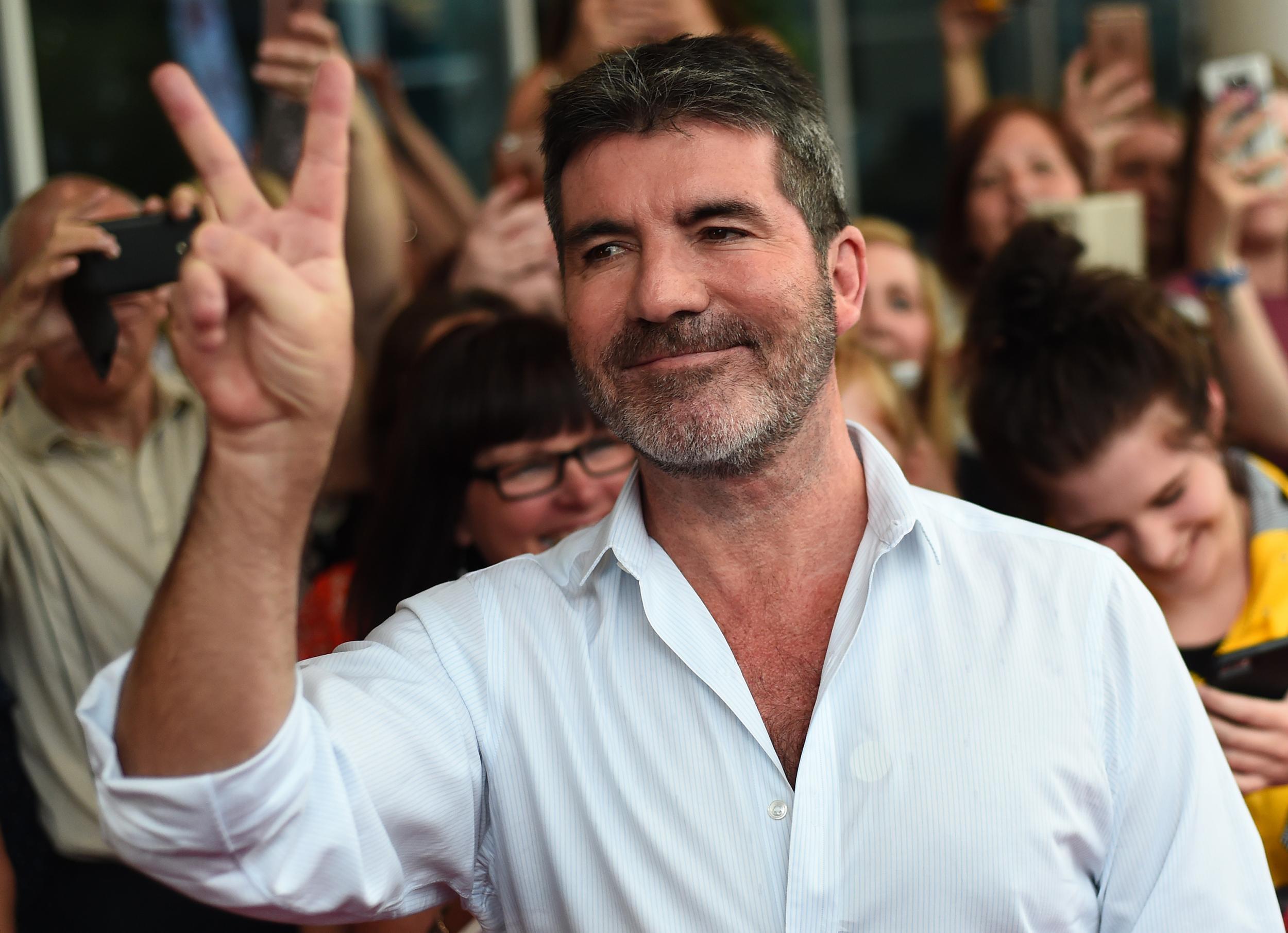X Factor is dredging up failed acts for views. Has it learned nothing from TV’s dark era of humiliation?
We have finally realised it is wrong to treat reality stars with as little dignity as the prime minister affords to democracy


We just can’t seem to get rid of it, can we? After 15 years of humouring, then later suffering, its roster of manufactured pop stars, The X Factor is back – but not as we know it. This round, for the 16th time, we’re rumoured to be getting not just one but two iterations of the increasingly insufferable show, with celebrity and all-star specials set to hit our screens later this year.
I’ll be honest, I was a die-hard X Factor fan when it first arrived – which is no surprise, given that I was 12 at the time. At its height, my friends and I would toy with applying to audition. Not in earnest, but with the sole intention of trolling the producers (or maybe becoming the next Same Difference). Even then, we knew the format was a cynical operation, with as much interest in tearing down people for laughs as it had in building lasting careers.
Now, with viewing figures at the lowest they’ve been since the show began, it’s banking on nostalgia to win us over.
X Factor veterans rumoured to be returning for the all-star line-up include Alexandra Burke, Leona Lewis, James Arthur, Fleur East – so far, so good. We also (possibly) have Shayne Ward, as well as the novelty turns: Jedward, Wagner, Honey G… and more.
Notwithstanding the fact that it’s a little sad that some of X Factor’s most popular winners are now contemplating taking part in a dying show, there’s something else that’s more crushing: the same format, same contestants, same smorgasbord of talent and clowning we’re used to, but in an age in which smirking at the delusions of the “joke” acts feels utterly outdated.
We have finally realised it is wrong to treat reality stars with as little dignity as the prime minister affords to democracy. And realised that these are real people, even if their goals seem unrealistic. They have never been quite in on the act. They are flung in carrying an air of simultaneous bewilderment and delight – ever eager to hit the stage and perform warbled covers to a backtrack of KC and The Sunshine Band’s Baby Give It Up.
I’m sure some of them are jumping at the chance of a return to television, their short-lived careers having dried up years ago, but this isn’t the direction we need to continue in, especially not if those behind The X Factor actually want it to survive.
The Digital, Culture, Media and Sport Committee’s inquiry into the role of producers “in influencing the behaviour of participants” is looking at similar issues right now. The Jeremy Kyle Show has been cancelled and Love Island is getting some long overdue scrutiny. So why The X Factor would choose to throw itself back under that spotlight, I don’t know. Even aside from the select committee probe, audiences too have clearly evolved an appetite for less exploitative formats.
We’re increasingly enamoured with the success of the “ordinary” in reality TV these days. The Voice, even with its revolving door of judges, is thriving. Over in the US, The Masked Singer, possibly the most zany premise for a music competition I’ve ever heard of, has given performers of yesteryear a shot at regaining some recognition.
As entertaining as the likes of Chico were back in the day, inviting people like him back one last time in a desperate bid to suck us into yet another series of the never-ending show, is that last thing we need. I would even baulk at seeing my own personal favourite, Phil Blackwell, who once achieved momentary fame for his bizarre rendition of Spandau Ballet’s Gold. Former judge Sharon Osbourne won’t touch the revamped show with a bargepole. I don’t blame her.
I read this week in The Guardian about the debt-ravaged aftermath of The Cheeky Girls’ short-lived fame, a tale much more sobering and upsetting than you’d think. They weren’t contestants on The X Factor, but on its precursor Popstars: The Rivals, but still, their story drove home the importance of refraining from thrusting vulnerable people into the spotlight for entertainment. Let’s hope the producers have taken note.




Join our commenting forum
Join thought-provoking conversations, follow other Independent readers and see their replies